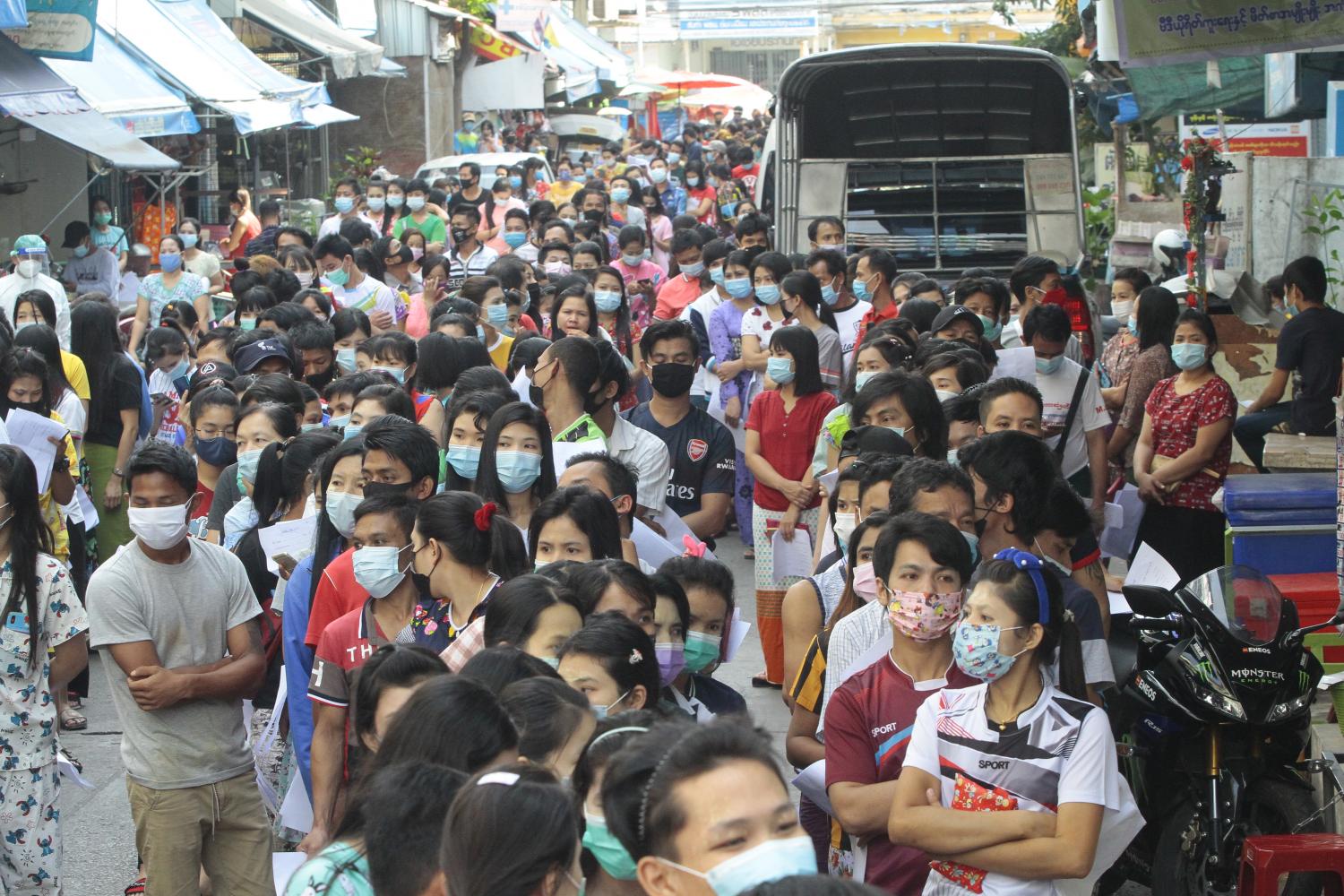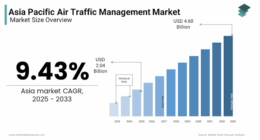On March 15, 2025, Thailand’s government issued a stern reminder to employers: ensure your registered migrant workers have proper work permits by March 30, or face severe penalties, including deportation of workers and hefty fines. This urgent call aims to tighten labor regulations and protect the legal status of migrants across the country.
Deadline Looms for Migrant Work Permits
Deputy Government Spokesman Kharom Polpornklang emphasized that employers who’ve listed their migrant workers with the Department of Labour online must finalize the permit process before the cutoff. Time’s ticking—failure to comply will strip workers of their legal standing, triggering a cascade of consequences for both employees and employers alike.
What Employers Need to Do
To meet the requirements, employers must submit key documents by March 30: health certificates, proof of health insurance, social security paperwork, and a 1,000-baht fee per worker. It’s a straightforward process, but the stakes are high. Completing it ensures workers can legally stay and work in Thailand until March 31, 2026, with biometric data collection sealing the deal post-approval.
Penalties for Non-Compliance
Miss the deadline, and the fallout is harsh. Undocumented workers will be deemed illegal, facing fines between 5,000 and 50,000 baht, followed by deportation and a two-year ban from employment in Thailand. Employers aren’t off the hook either—hiring undocumented migrants post-deadline could cost them 10,000 to 100,000 baht per worker, plus a three-year ban on hiring migrants. The government isn’t playing around with this crackdown.
Why It Matters Now
This push reflects Thailand’s broader effort to regulate its migrant workforce, a vital cog in industries like construction, agriculture, and hospitality. With legal status on the line, employers are urged to act fast to avoid disruptions and protect their operations. For workers, it’s a chance to secure stability in a country that relies heavily on their labor.
Act Before It’s Too Late
The clock is counting down to March 30, 2025. Employers have a narrow window to get migrant work permits in order—or risk losing their workforce and facing steep penalties. Don’t wait until it’s too late; compliance now means a smoother, legal future for all involved.









